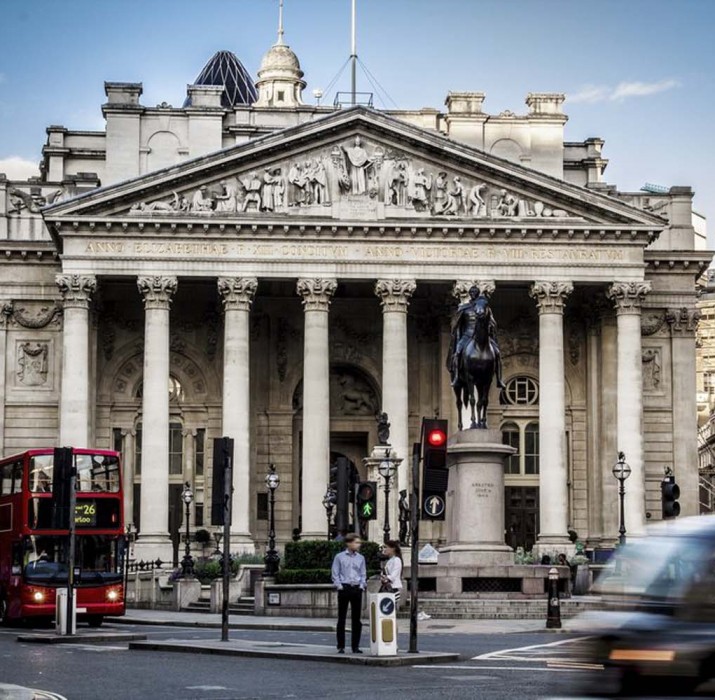The Bank of England has warned the UK is facing its longest recession since records began, as it raised interest rates by the most in 33 years.
In its outlook for the UK economy, it said the country would face a “very challenging” two-year slump and unemployment will nearly double.
It lifted UK interest rates to 3% from 2.25%, the biggest jump since 1989.
It takes borrowing costs to their highest since 2008, when the UK banking system faced collapse.
Interest rates have been rising since last December as the cost of living has accelerated, leaving many UK households facing hardship.
A recession is defined as when a country’s economy shrinks for two three-month periods – or quarters – in a row. Typically companies make less money, pay may fall and unemployment rises.
The Bank now believes the economy already entered a “challenging” downturn this summer, which will continue next year and into the first half of 2024 – a possible general election year.
While it will not be the UK’s deepest downturn, it will be the longest since records began in the 1920s, the Bank said.
Chancellor Jeremy Hunt said inflation was “weighing heavily on families, pensioners and businesses” and the government’s “number one priority was to “grip” it.
“Interest rates are rising across the world as countries manage rising prices largely driven by the Covid-19 pandemic and Putin’s invasion of Ukraine,” he said.
“The most important thing the British government can do right now is to restore stability, sort out our public finances, and get debt falling so that interest rate rises are kept as low as possible.”
It comes as the cost of living is rising at its fastest rate in 40 years, with prices increasing by 10.1% in the year to September.
The Bank believes by raising interest rates it will make it more expensive to borrow and encourage people not to spend money, easing the pressure on prices in the process.
But while its latest rate rise will be welcomed by savers, it will have a knock-on effect on those with mortgages, credit card debt and bank loans.
The Bank forecast that if interest rates continue to rise, those whose mortgage deals are coming to an end could see their annual payments soar by £3,000.
